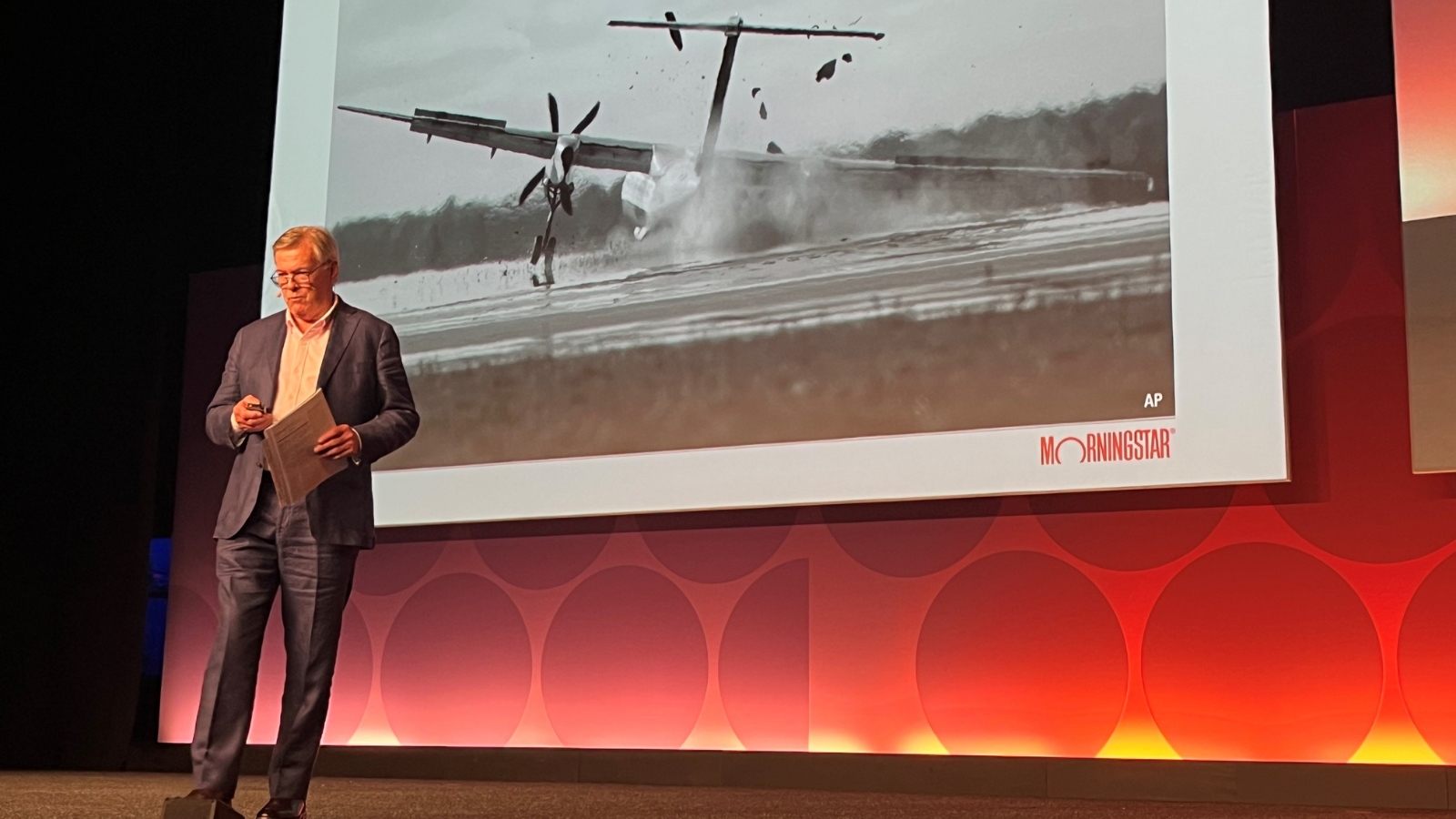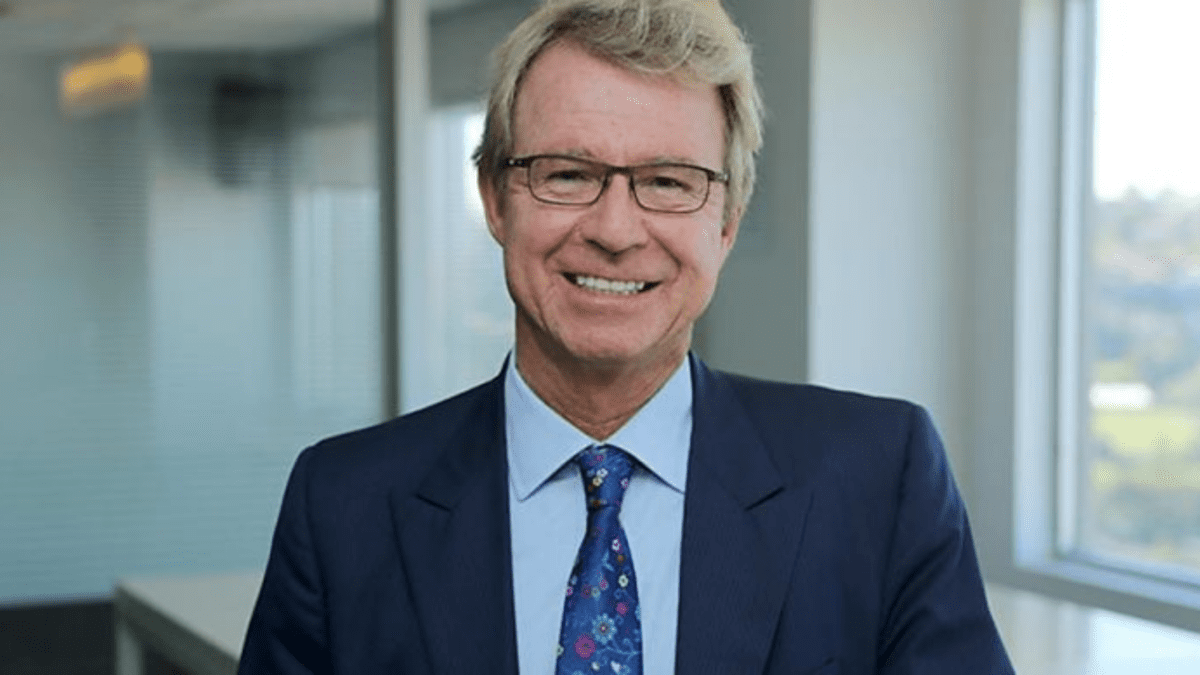‘Keep it simple, stupid’: Navigating markets once the soft-landing dream dies
Volatile markets, sticky inflation and higher rates have been the norm for more than a year now, and “it’s going to get worse before it gets better,” according to Morningstar’s Peter Warnes. With multiple drivers of uncertainty, it’s important for investors to avoid losers, seek sustainable tailwinds and, above all, keep it simple.
Speaking last week at Morningstar’s 2023 Investment Conference for Individual Investors, Warnes, head of equity research, said that despite markets’ surprising ongoing optimism about a potential soft landing, a recession remains very likely, and conditions are going to be “fairly difficult”.
Warnes’ topic was “Investing in an uncertain world”, and his aim, he said, was to explain the range of factors driving uncertainty and suggest simple ways for investors to navigate the new landscape, beginning with the classic rule of “keep it simple, stupid”, or KISS.
Of the ongoing and heightened uncertainty, he noted that consumer sentiment is at its lowest levels since the 1990s, when Australia last experienced a major recession, and that it’s very unlikely to reverse course soon. Another wild card: we haven’t yet reached the pinch point in the fixed-income cliff, which probably won’t come until the first quarter of next year.
“Household income and disposable income are going to continue to be under a hell of a lot of pressure that is going to cause a recession,” at least in the technical sense of back-to-back quarters of negative per capita growth, Warnes said, noting that Australia is moving backwards in terms of household spending, which represents close to 65 per cent of Australia’s economy. “Our GDP really can’t go very far with that 65 per cent not helping at all.”
Those without debt are in a more comfortable position and “are holding this economy together and spending outside the necessities of food, shelter and clothing”, he said. “They’re still travelling, because they’re in retirement and they have a fair bit of money.”
Meanwhile, mortgage debt’s at about $2.1 trillion. “That has to be serviced, and serviced at rates that are not going to come down,” Warnes said. “These rates aren’t going to come down unless we hit an absolute brick wall, the bottom falls out of the company and we go into a deep recession.”
Another key driver of uncertainty is productivity, with the Productivity Commission recently reporting a 6.5 per cent drop last year, continuing a decline that began about a year after the pandemic began. The very strong labour market is adding to pressures on output, all of which will likely keep high inflation sticky.
Turning to what investors can do about the glum outlook, Warnes exhorted the KISS method. He pointed to hybrids – of which there is about $45 billion in Australia, with significant investment by self-managed super funds – as a prime candidate for the kind of complex investment that is better outsourced to an expert.
The next rule is to avoid the losers, which Warnes noted is only half the battle, since “you’ve also got to pick winners”. That requires an element of risk, and risk control is critical.
That consists of declining to “exceed your quantum of risk” or accept risk without appropriate reward, such as where the outcome is uncertain or money is likely to be lost.
However, some risk is necessary, so investors should seek an appropriate balance.
“Risk avoidance equates to return avoidance, so don’t expect higher returns if you’re not taking the risk,” Warnes said, adding that investors should be clear on how their risk profile fits within their overall strategy.
Finally, investors should look for sustainable tailwinds that are likely improve performance. For instance, the value of Australia’s superannuation balance is growing faster than the Australian economy.
“That’s a tail,” Warnes said, suggesting investors seek out companies that supply or provide services to the superannuation industry. Annuities should also be part of an investment strategy, providing income that “has some risk associated with it”, he said.









